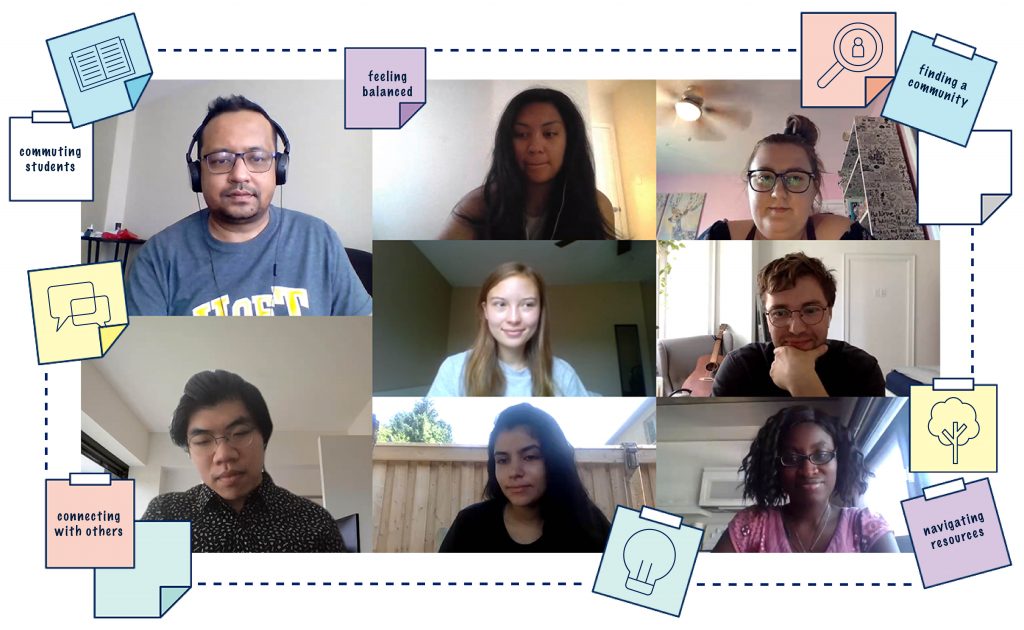By Terri-Lynn Langdon, Lead Editor and Writer – in collaboration with Johanna Pokorny (Ethnography and Insights Team Lead) and Danielle Baillargeon (Data Analysis Team Lead)

At the Innovation Hub an intended focus of our research as a by and for student research Hub at U of T is empathy and the tapestry of it in the development of our questions, writing, and its role in research findings.
[1]The research process at the Innovation Hub includes design thinking supported by ethnographic research methodology, which seek to understand people in context. Where other qualitative methods (like survey work) operate through “extracting” data, ethnography is wholistic and expanding. The goal is not to be ‘statistically significant’ but rather to identify insights and themes from a few rich and unique stories.

 Meng Xiao recently wrote a book titled Student Engagement in Practice: Chinese International Graduate Student Engagement Handbook which is a book inspired by her own doctoral research from OISE’s Doctorate of Education Program at the University of Toronto.
Meng Xiao recently wrote a book titled Student Engagement in Practice: Chinese International Graduate Student Engagement Handbook which is a book inspired by her own doctoral research from OISE’s Doctorate of Education Program at the University of Toronto.